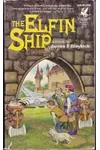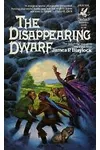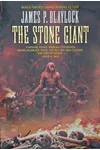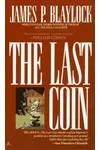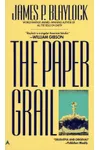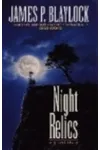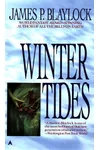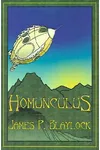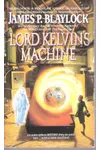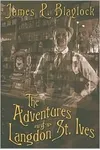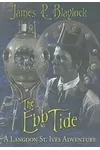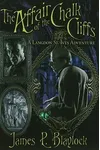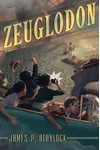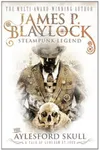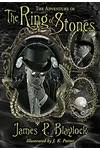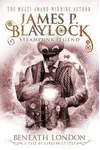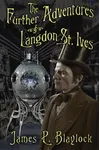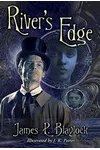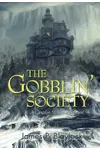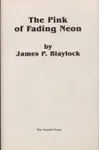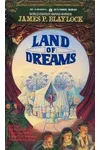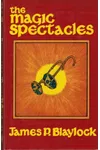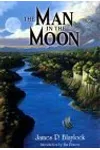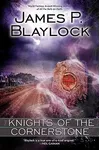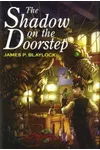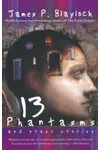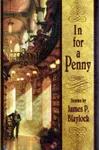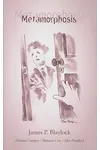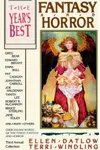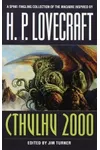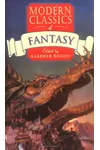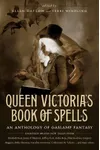Picture a California dreamer weaving whimsical tales where Victorian gadgets meet magical realism—meet James P. Blaylock! Born in 1950, this American fantasy author is celebrated for his humorous, heartwarming stories and pioneering role in the steampunk genre. With a knack for blending the fantastical with the everyday, Blaylock’s work has earned him the Philip K. Dick Award and multiple World Fantasy Awards, captivating readers and inspiring writers.
From his Orange County roots to his role as a creative writing professor at Chapman University, Blaylock’s life is as colorful as his stories. His unique voice, mentored by sci-fi legend Philip K. Dick, shines through in novels and short stories that invite you into quirky, enchanting worlds.
The Making of James P. Blaylock
Born on September 20, 1950, in Long Beach, California, James Paul Blaylock grew up in a sunny, laid-back region that would later inspire his vivid settings. He studied English at California State University, Fullerton, earning a B.A. in 1972 and an M.A. in 1974. It was here that he forged lifelong friendships with fellow authors Tim Powers and K.W. Jeter, all mentored by Philip K. Dick. This trio would go on to shape the steampunk genre, blending Victorian aesthetics with speculative technology. Blaylock began writing in the late 1970s, with his first story, 'The Ape-Box Affair,' published in 1978, often credited as the first consciously steampunk tale.
James P. Blaylock’s Unforgettable Stories
Blaylock’s bibliography is a treasure trove of fantasy and science fiction, marked by humor, eccentric characters, and a touch of magic realism. His novel Homunculus (1986), a steampunk adventure set in a Dickensian London, won the Philip K. Dick Award for its inventive blend of alchemy, airships, and quirky scientists like Langdon St. Ives. The Elfin Ship (1982), the first of his Balumnia Trilogy, follows a cheese-maker’s whimsical river journey, brimming with charm and inspired by The Wind in the Willows.
The Last Coin (1988) weaves Christian mythology into a modern California tale, where a retired salesman guards the thirty pieces of silver from biblical lore. His short story 'Paper Dragons' (1985), a haunting yet beautiful exploration of obsession in a fantastical California, clinched a World Fantasy Award. Blaylock’s style—often called fabulism—grounds the extraordinary in everyday settings, making the impossible feel delightfully plausible.
Collaborations with Tim Powers, including the fictional poet William Ashbless and collections like On Pirates (2001), showcase his playful side. Whether crafting steampunk or contemporary fantasy, Blaylock’s prose is evocative, his pacing deliberate, and his characters as lovable as they are odd.
Why James P. Blaylock Matters
James P. Blaylock’s impact on speculative fiction is profound. Alongside Powers and Jeter, he helped birth steampunk, influencing countless authors and even modern media like video games and films. His ability to blend humor, heart, and the supernatural has made him a standout in magical realism, earning praise as a 'postmodern Ray Bradbury.' As a professor at Chapman University, he nurtures new writers, passing on his passion for storytelling.
His California settings, from ghost stories to quests for the Holy Grail, celebrate the region’s landscapes and quirks, making him a beloved regional voice. Blaylock’s work reminds us that magic can lurk in the mundane, inviting readers to see the world with fresh wonder.
- Born: September 20, 1950, Long Beach, California
- Key Works: Homunculus, The Elfin Ship, The Last Coin, Paper Dragons
- Awards: Philip K. Dick Award (1987), World Fantasy Awards (1986, 1997)
- Fun Fact: He co-created the fictional poet William Ashbless with Tim Powers!
Snag Homunculus or The Elfin Ship and dive into James P. Blaylock’s whimsical steampunk and fantasy worlds—your imagination will thank you!
